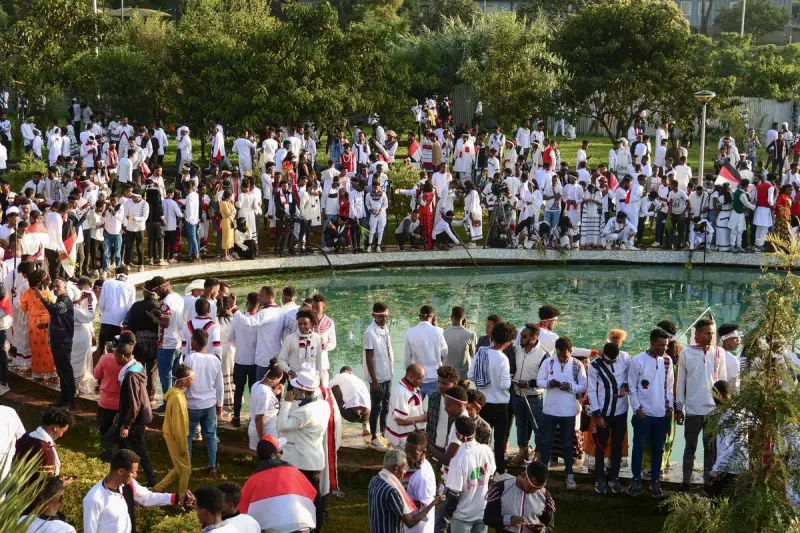
Ethiopian Prime Minister Abiy Ahmed has ignited a political and religious firestorm by making extraordinary claims about his divine right to govern during a parliamentary address in the capital.
The Nobel Peace Prize laureate told lawmakers that "God brought me here" and asserted his leadership was part of a heavenly plan for the nation. His comments have drawn both support and criticism across the religiously diverse East African country.
Controversial Claims in Parliament
During his appearance before Ethiopia's legislature, PM Abiy elaborated on his spiritual convictions, stating he believed his political journey was "orchestrated by divine will" rather than being a product of democratic processes or personal ambition.
"When people said they were voting for me, I said this is not their doing," the Prime Minister declared, suggesting his leadership transcended conventional political mechanisms.
Religious Tensions in Ethiopia
Ethiopia maintains a delicate balance between its Christian majority and significant Muslim population, alongside various traditional belief systems. The Prime Minister's comments come at a sensitive time for interfaith relations in the country.
Religious scholars have expressed concern that such statements could:
- Undermine the constitutional separation of religion and state
- Alienate non-Christian communities
- Create expectations of divine intervention in governance
- Potentially justify political decisions through religious rhetoric
International Reaction
The international community has been monitoring the situation closely, given Ethiopia's strategic importance in the Horn of Africa and its ongoing challenges with internal conflicts and economic pressures.
Abiy Ahmed, who won the Nobel Peace Prize in 2019 for ending the decades-long conflict with neighbouring Eritrea, has seen his international reputation evolve amid recent domestic challenges and the devastating civil war in the Tigray region.
Political analysts suggest that such religious rhetoric may represent a strategic pivot toward consolidating support among Ethiopia's Christian demographic while potentially risking broader national unity.





